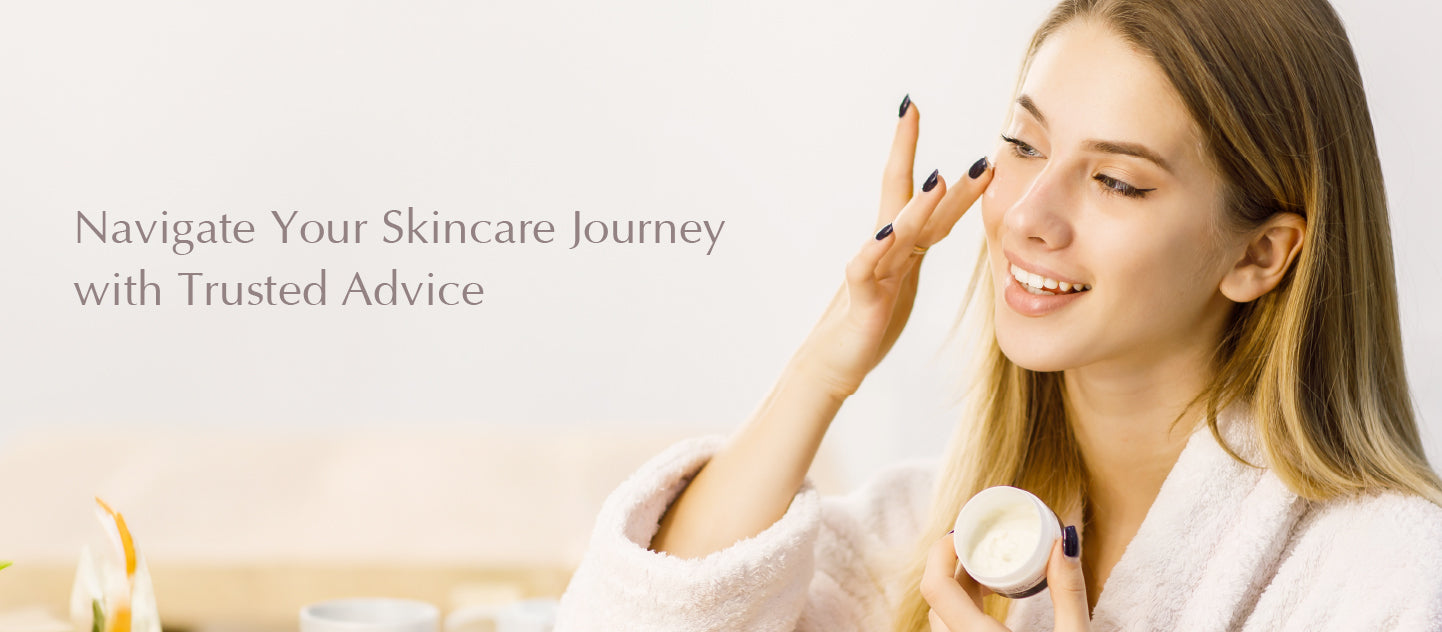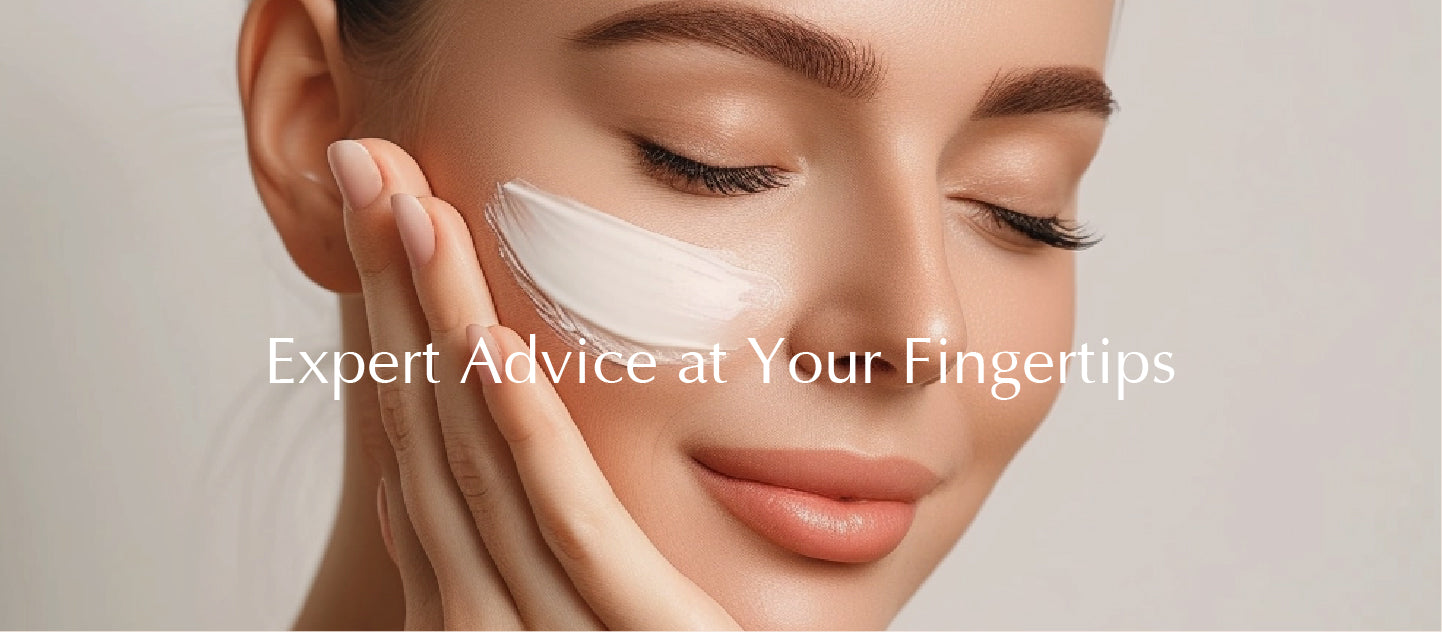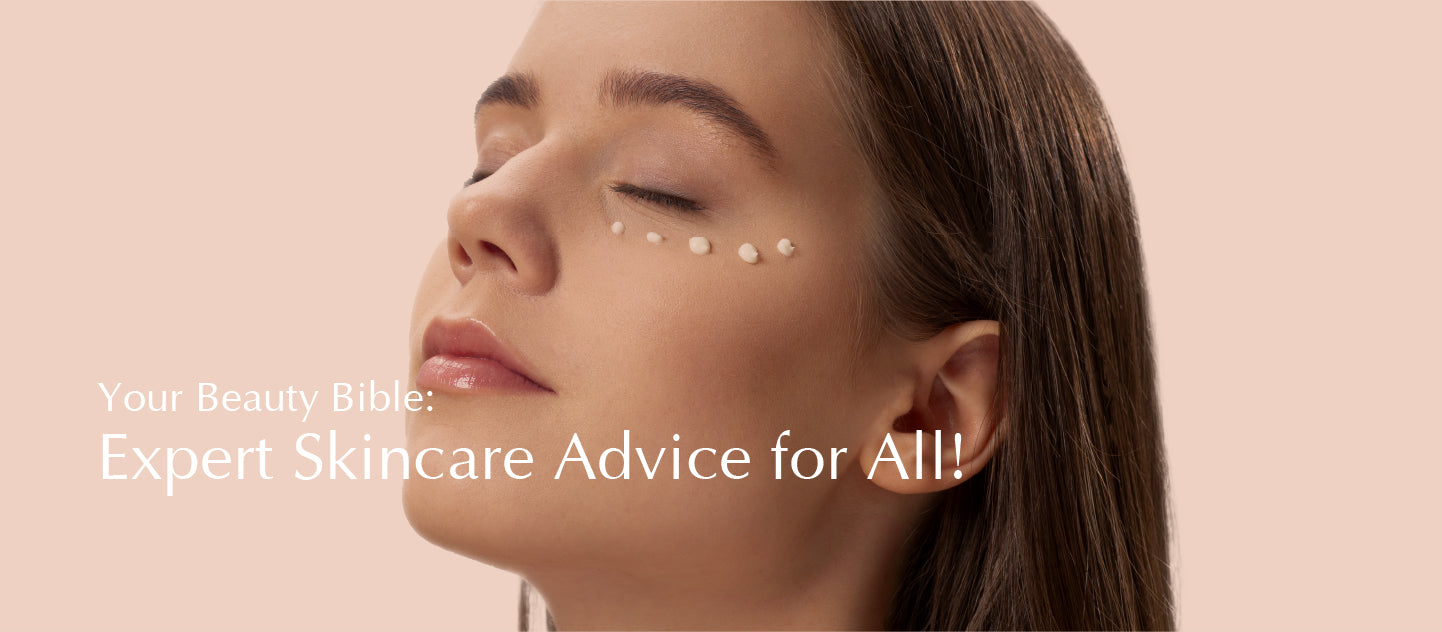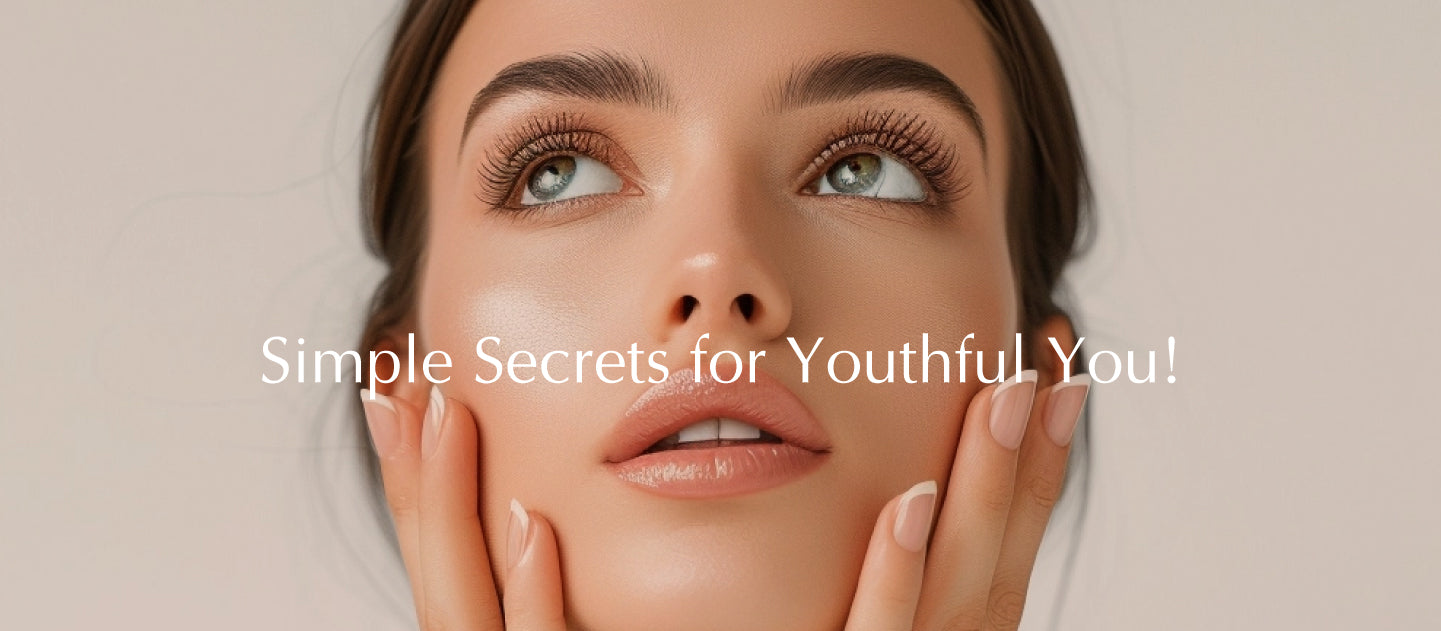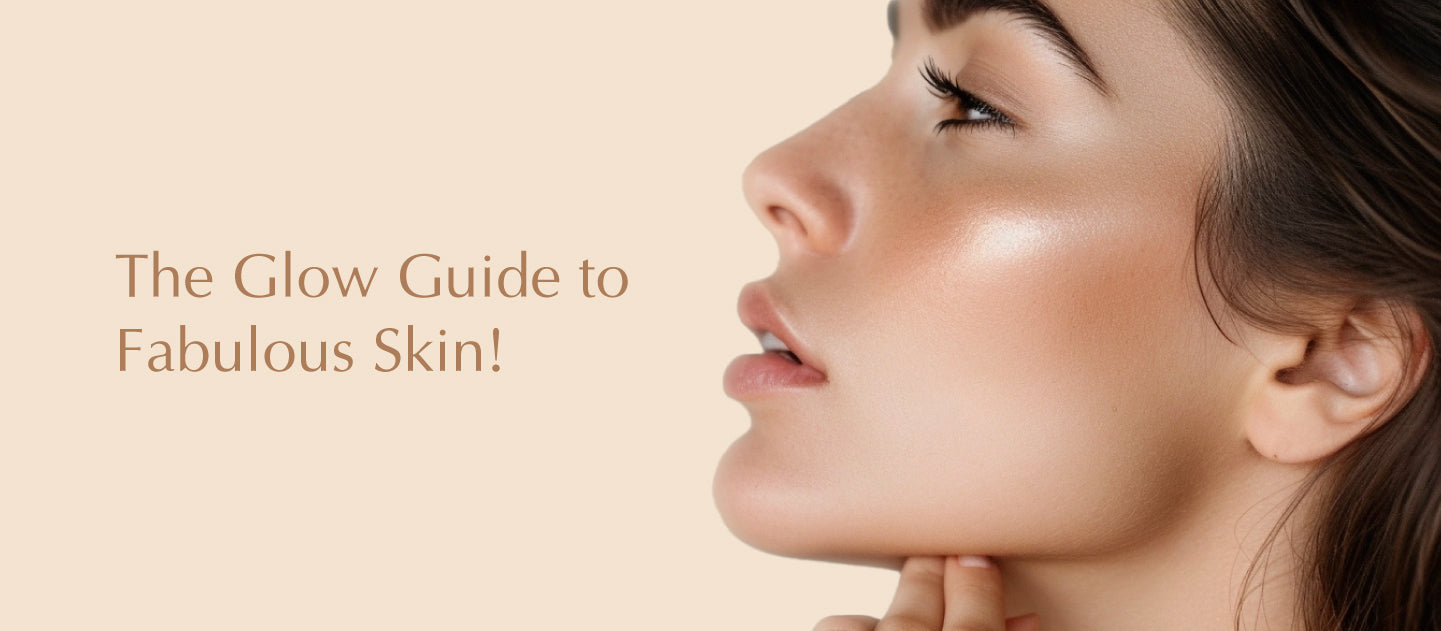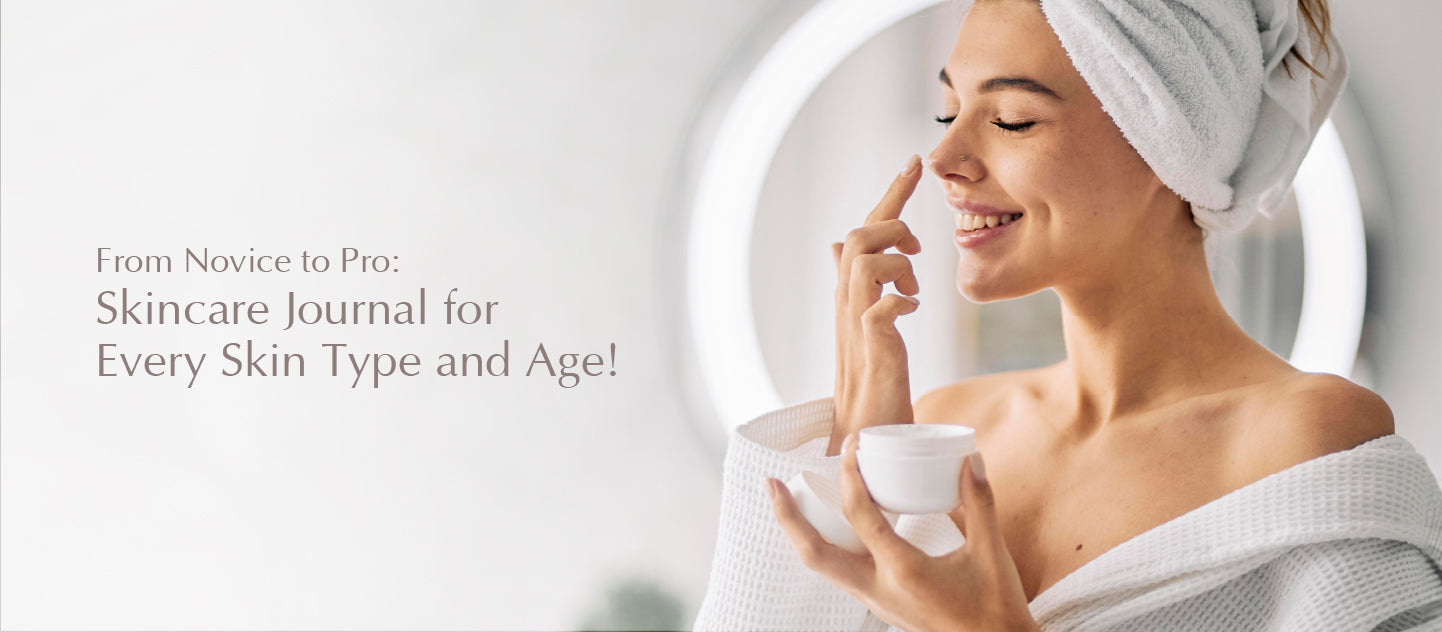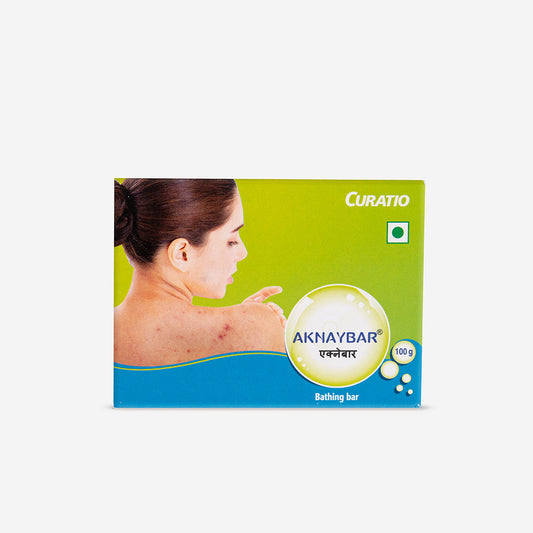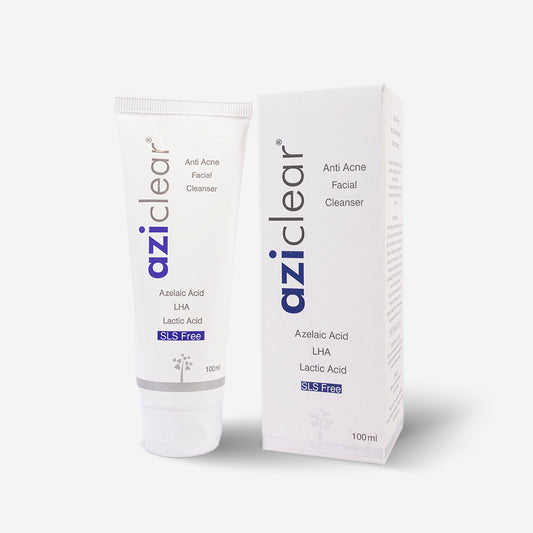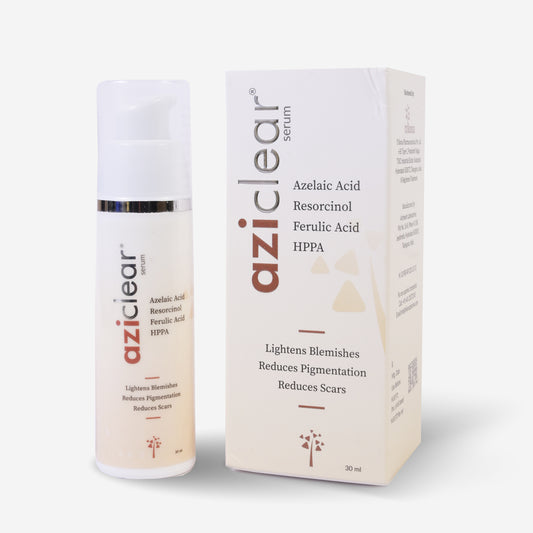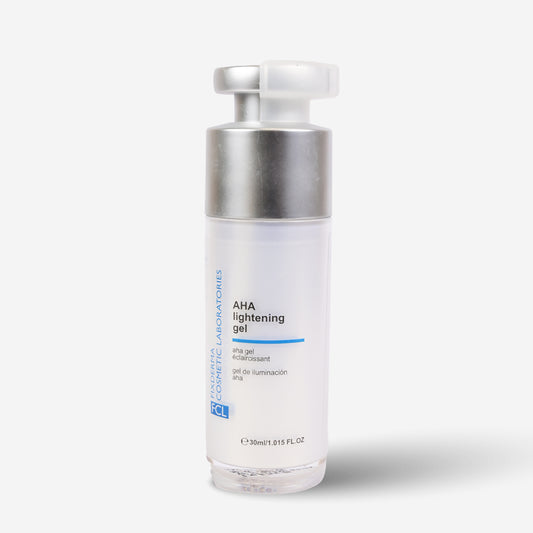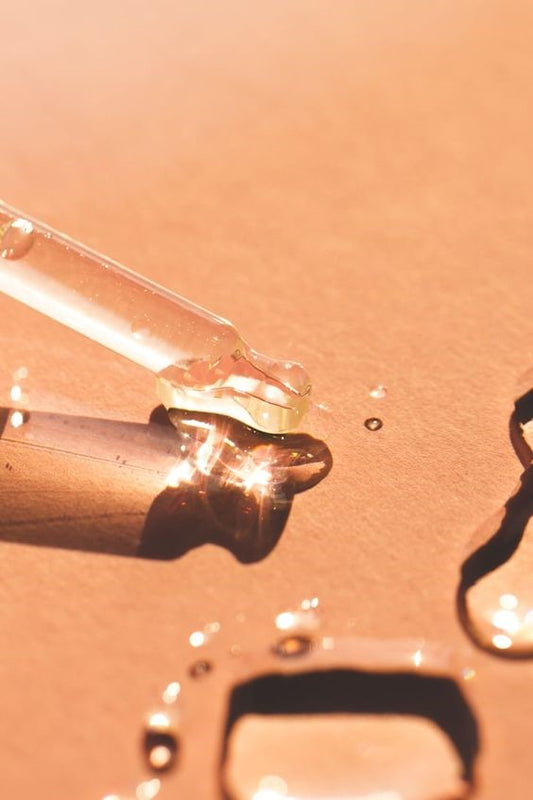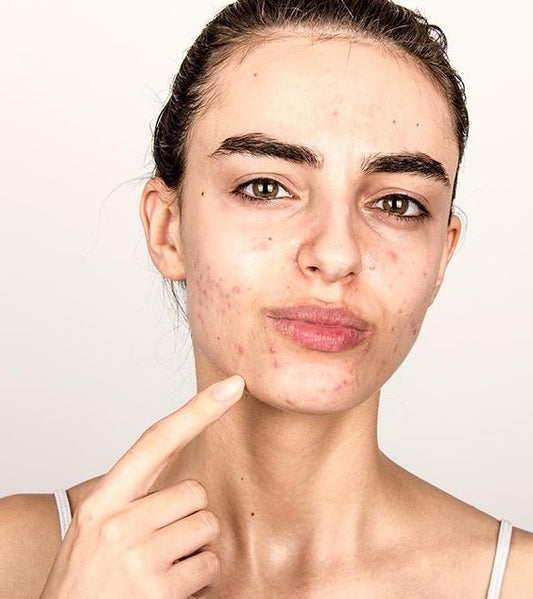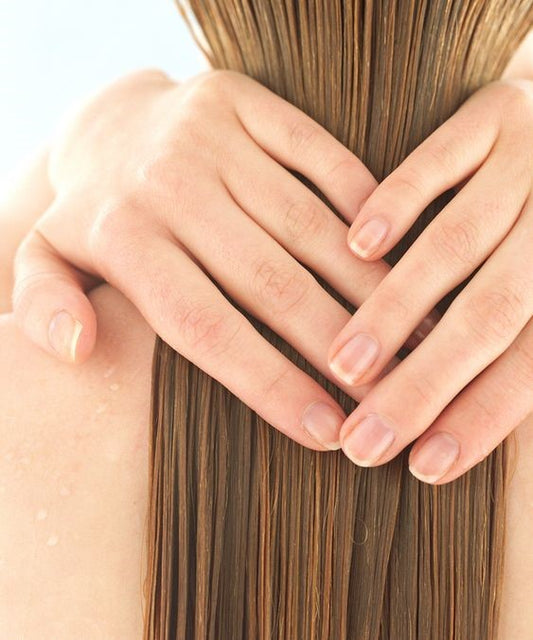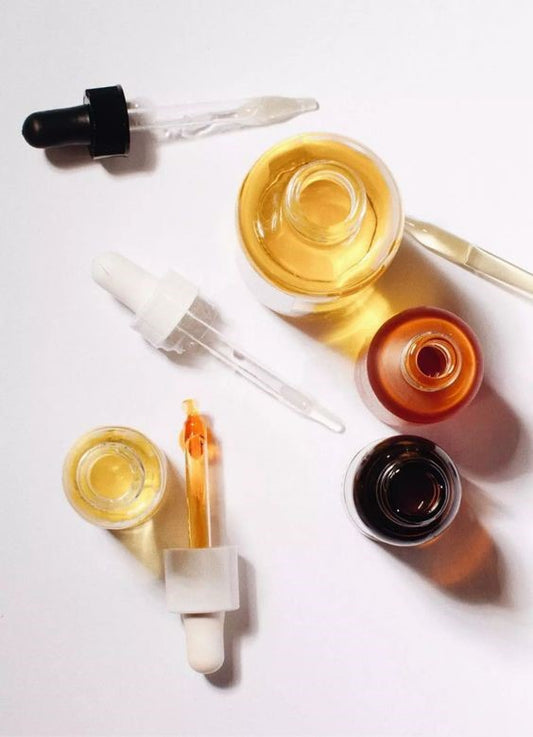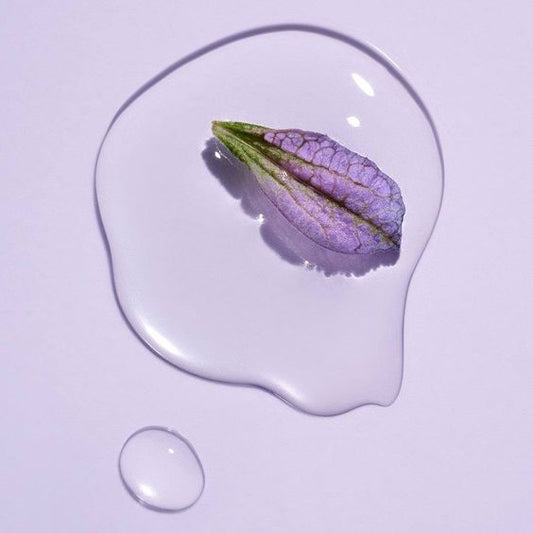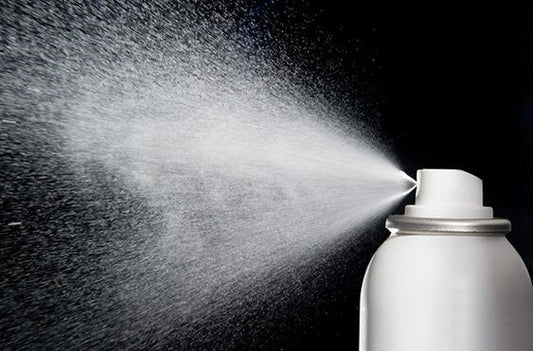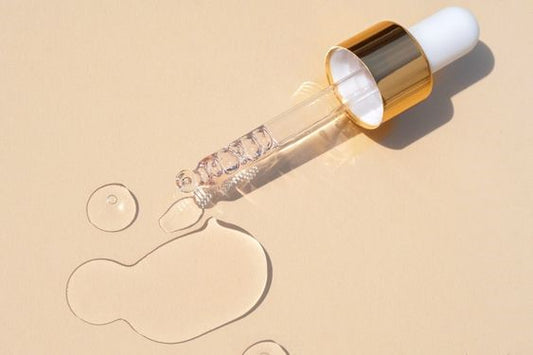BEST SKINCARE TIPS
So you see a sudden pimple and have the urge to pop it, or else have repeated bouts of acne flare-ups and want to know the care you need to take to get your skin back to simpler clearer times. Acne and breakouts are the only skin concern that makes us panic right from the word go... and sometimes in the process of helping our skin, we end up making matters worse.
Relax, we have compiled the must-do basics for acne-prone skin to help you out, have a read below
What’s the difference between the two?
The first step would be to clearly understand if you have acneic (acne prone) skin or are prone to skin reactions like breakouts, rashes, pimples or zits. Knowing this would make a world of difference to your skincare regime and definitely to your skin health
Acneic skin conditions mean that your oil (lipid) glands are in hyper-drive mode due to pre-existing conditions – be it hormones and/or genetics.
Hormonal acne is time-bound (hello teens) as well as for women hormone estrogen-related like PCOS etc. Genetics simply means this skin condition is somewhere in your genetic profile and others in your family also having the same skin conditions that have been carried forward to you.
Breakouts are your skin’s way of reacting to sudden changes – changes to due to stress, new medication, skincare and food allergies or even lack of sleep are some reasons that your skin starts producing excess oil as a reactive event and usually it lasts as long as the irritant can be identified and treated.
Unfortunately, since acne is progressive if untreated, using the wrong skincare will just aggravate and make worse something that can be cured. Same goes for breakouts, in the immediate rush to clear that 1 pesky pimple, you could end up with 10 more popping up all over the place.
Also, unlike skin dryness, dehydration or other conditions, acne-prone skin is a psychological stressor, which makes knee jerk treatments, DIY home remedies or impulse online buying go-to reaction to treat your skin.
SO HERE ARE SOME BASIC TIPS TO DEAL WITH YOUR SKIN AND HELP IT THE BEST YOU CAN
- Cleanse – the first line of action against any oil buildup is to clean away the excessive oil that your glands keep overproducing.

What you should do – Look for oil and bacteria dissolving agents like salicylic acid, Alpha Hydroxyl acids and waterbased cleansers to cleanse as well as purify your pores against future inflammations. Always consider a 2 step cleansing routine of a cleanser and toner, as toners help to rebalance the skin pH levels after cleansing and keeps your skin surface non greasy.
Products to look out for – foam cleansers to immediately foam and lift oils, water-based cleansers and toners that are noncomedogenic (won’t clog your pores)
- Schedule your cleansing 2 times or when you feel your skin become oily – This is more important in summers and now in Covid mask-wearing periods as sweat mixed with pollution and grime or smog tends to dry out on our skin blocking our pores and leading to a chain reaction of acne irritations.
What you should do – Carry cleansing wipes and a travel-sized version of your cleanser and toner if on the go – sometimes using washroom napkins and tissues may lead to surface bacteria so always carry your own cleaning supplies and cleanse at regular intervals. But don’t overdo it as over-cleansing may lead to more sensitive skin reactions
- Hydrate – A popular misconception is that oil-prone or even acneic skin doesn’t need hydration via moisturizer. Remember water and oil need to be in balance for any kind of skin to look and feel healthy. So don’t skip on the moisturizer, this will just leave your skin feeling dehydrated and cause oil prone spots to secrete MORE oil to help areas that are parched.

What you should do – Look for water based, lightweight serums that are recommended for combination skin. If you don’t like the feel of a moisturizer making your skin feel greasy, opt for hydrating sprays and floral waters to replenish water into your skin cells.
- Do not exfoliate with physical scrubs – Loofahs, face scrubs that are granular all tend to scrape against the acne and cause more flare-ups. So, resist the urge to exfoliate away the raised breakouts, no matter how small they may be.
What you should do – Opt for non-granular skin exfoliating gommage scrubs and enzymatic scrubs that don’t need any surface action to work on exfoliating away dead skin eg – Shangpree Fresh Peeling Mask. Apply a sunscreen – you still need to protect your skin from harsh UV damage (more so to avoid risks of hyperpigmentation after your breakouts subside)
- Cleanse from within – Foods high in fats, sugars, dairy and processed foods and other toxins as well as a sedentary lifestyle make lipid oils excessive, which increase inflammation in the body and in turn increase acne.

What you can do – Include good fats, foods like leafy greens and citrus fruits as part of your daily diet. Also include light exercises to keep your metabolism going and help with blood circulation
- Give it time – We tend to expect instant results from new products which makes us sum them for the next best thing after just 1 or 2 uses and not seeing the expected results.
What you should do – All skincare products take time to work within your skin cycle to rebalance your skin. Give your product a minimum of 3 weeks to see effectiveness. But stay on the alert if the product is giving you a reaction like more allergies or breakouts. Then you definitely need to change it for something better suited
- SPF - Sun exposure will always lead to melanin also increasing, so without sunscreen, your skin will start showing signs of uneven texture, spots and marks and even slow down repair of healed acne pores.
What you should do – Opt for water-based or gel-based sunscreens designed for oily skin. Mineral sunscreens with titanium and zinc oxides work great without penetrating your skin pores and so prevent any inflammations chemical sunscreens may cause as they are absorbed.

- Try and go fragrance-free for your skin – Fragrance added to skincare and makeup are the leading reasons our skin tends to get irritated, inflamed and then break out into oil spots. Try going for skincare and makeup that’s hypoallergenic as well as fragrance free for some time and see the change
What kind of products to use
Opt for non-commodogenic products – Non-comedogenic is a term used to define the category of products that are tested and proven to cause no to minimal pore blockage, hence resulting in lower chances of breakouts. There are quite a few exfoliating ingredients in skincare acids and skincare products that are considered non-comedogenic. For example, benzoyl peroxide, salicylic acid, neem oil, tea tree, AHA retinoids, topical antibiotics, resorcinol, azalelic acid, polyhydroxy Acids and so on. The lower the ingredients score on the comedogenicity scale, the less likely you are to break out with them. Products with lighter texture and less emollient ingredients are also more likely to be less comedogenic so be mindful of the texture as well, while choosing skincare products.
COVID TIPS

There is a lot of buzz around Maskne or mask triggered breakouts even in middle aged adults during this ongoing pandemic.
What is it – acne in the area that the mask is covering ( lower face and neck)
- Mask fabric – our face skin is thinner, more sensitive as well as more reactive than other parts of the body, so wrapping half of it in masks – be it N95, surgical or even fabric will have some surface reactions.
What you should do – if you are prone to breakouts, avoid reusable masks as much as possible. However, if you do prefer reusable masks ensure you wash them in mild antibacterial solutions and preferably don’t use leave on starch or softeners as they will react once in contact with sweat.
- Friction with the mask – constant fidgeting while talking , lowering the mask or lifting it to eat etc causes surface irritation that can cause breakouts.
What you should do – avoid too many movements to touch or fidget while the mask is on, use a mask that is comfortable to fit ( not too tight or loose).
- Topical medication - consult with a dermatologist and get a prescription for good topical acne treatment gels to apply during the day, as skin irritations under the mask can lead to angry redness and itching if left untreated, while removing masks is also unsafe for obvious reasons.
What you should do – incase your breakouts are coupled with itchiness, burning or sore to the touch reactions, you will need to apply a topical medication before using the mask and depending on your skin needs reapply so that your skin feels calm and prevents itself from breaking out into hives or rashes that you would itch and then cause breakouts.
- Hydrate – intake of water needs to be amped up, especially for acneic or oil prone skin to flush out toxin buildup.
- Hand Sanitization – over use of sanitizers, hand washes are a new norm, and slathering heavy hand moisturizers post sanitization is too.
What you should do - Avoid touching your face after moisturizing your hands, as those oils will transfer as well. Try to avoid touching objects like mobiles etc. to your skin too often. Wipe them dry with tissue before touching or better still go hands free (but remember to sanitize your earphones/pods as well). Try rubbing ice after removing the mask and after facewash, incase required use wipes in between as well.
WANT TO TAILOR MAKE YOUR ACNE SKINCARE ROUTINE TO YOUR SKIN NEEDS?
We have skincare expert available who have years of experience treating and caring for acne and breakout skin conditions and can help you with your queries and product suggestions as well
Schedule a free virtual consult today at Click Here:

